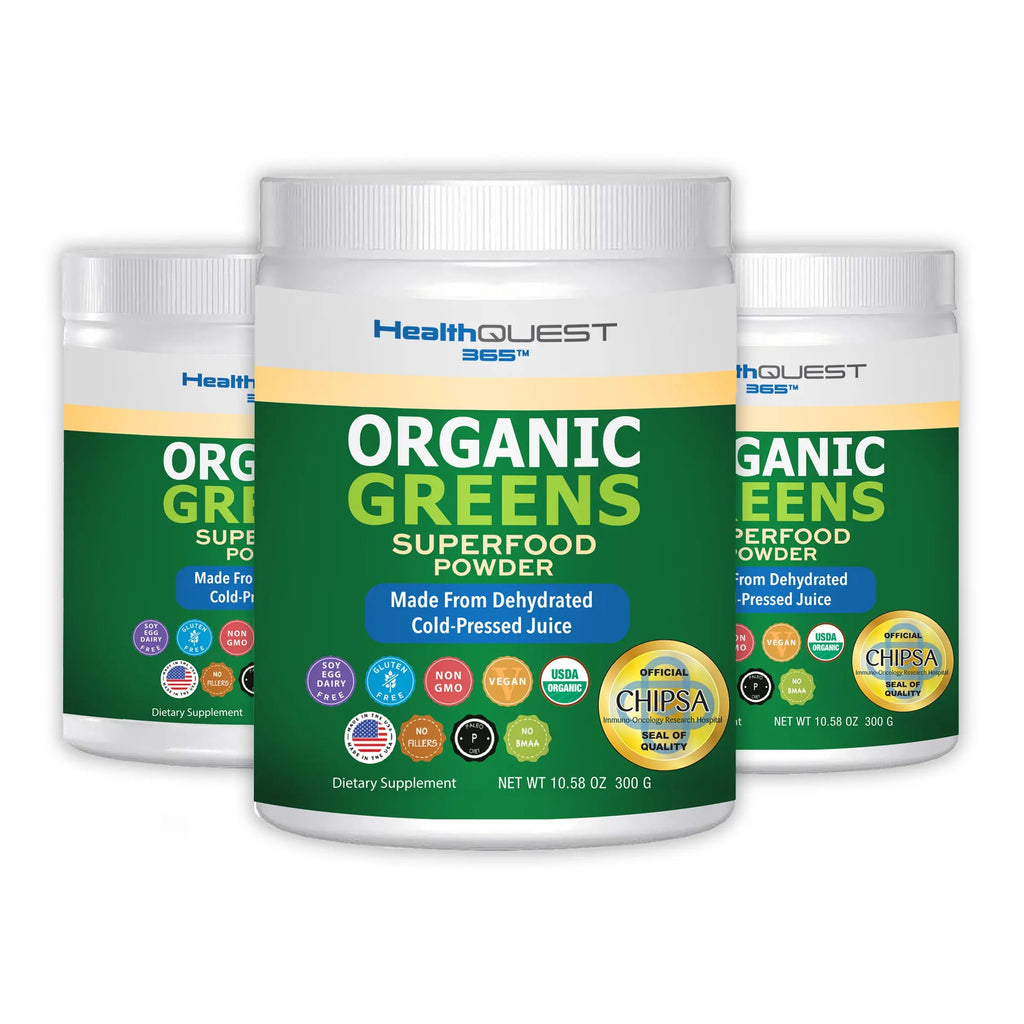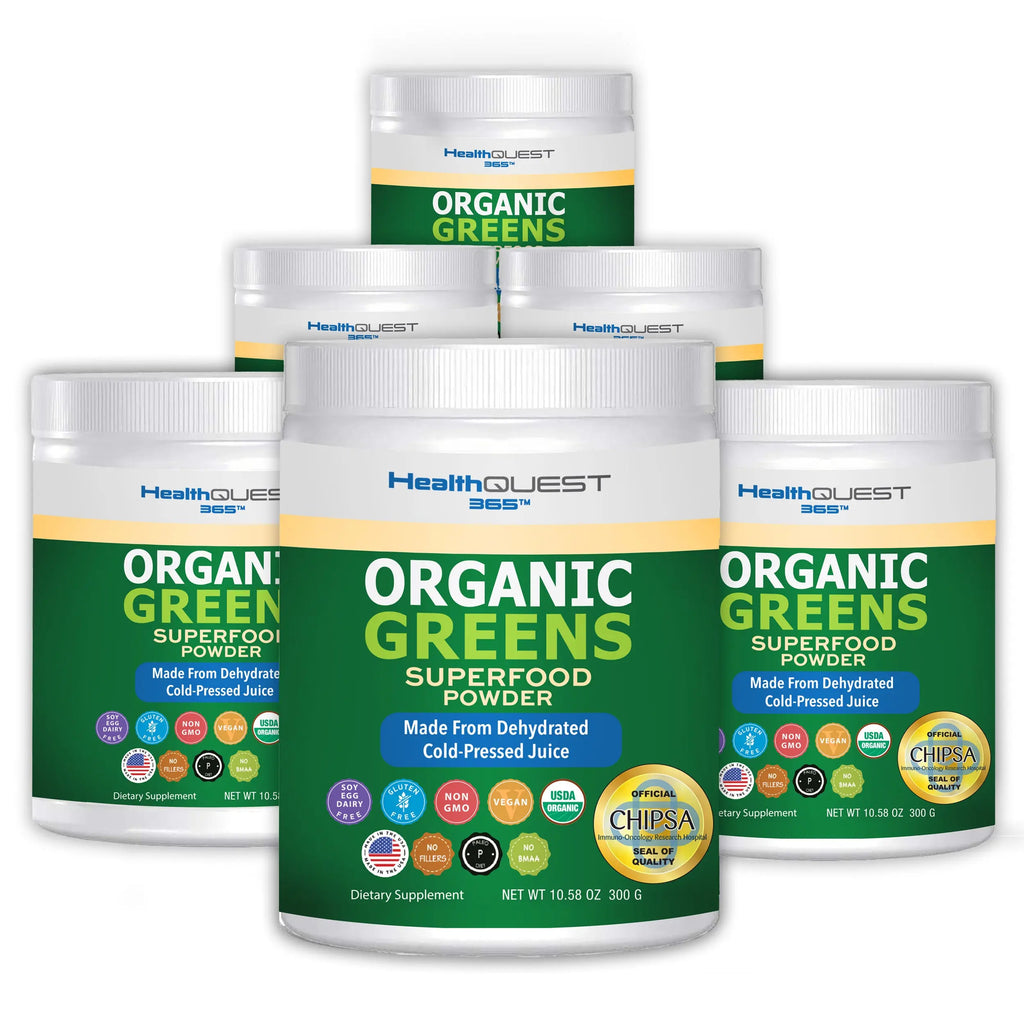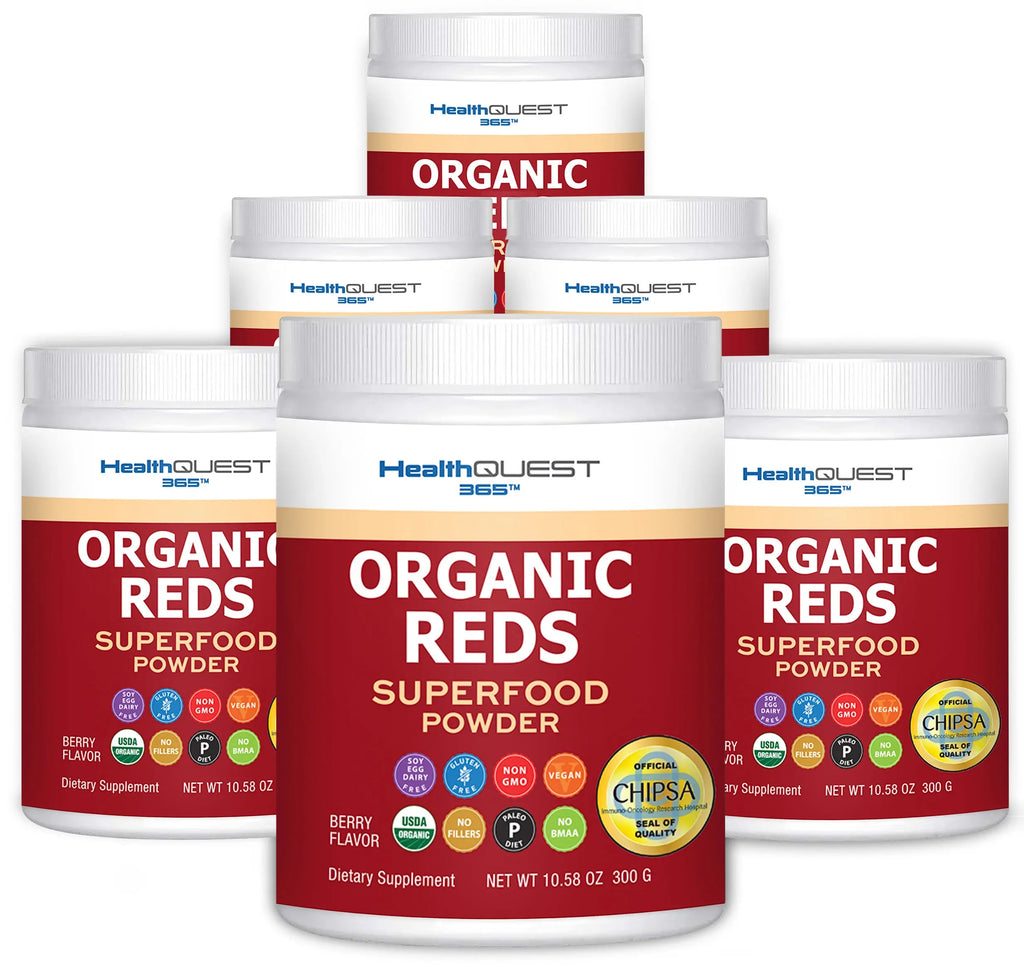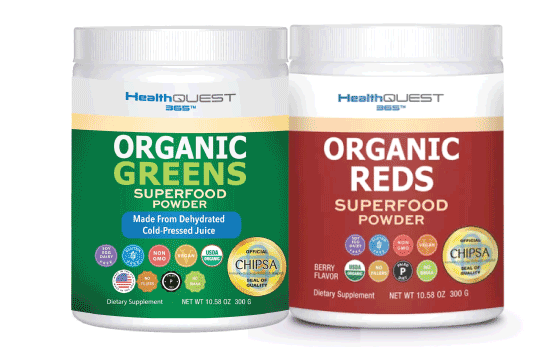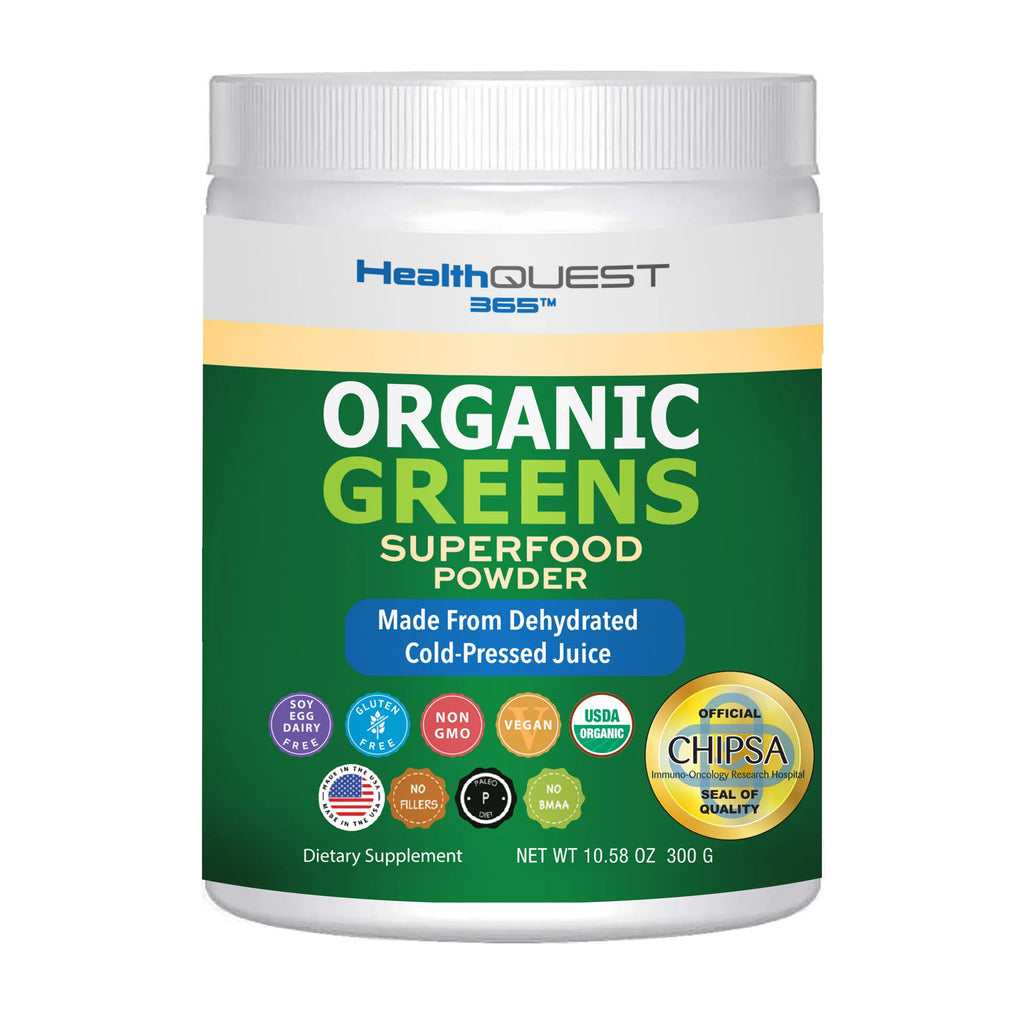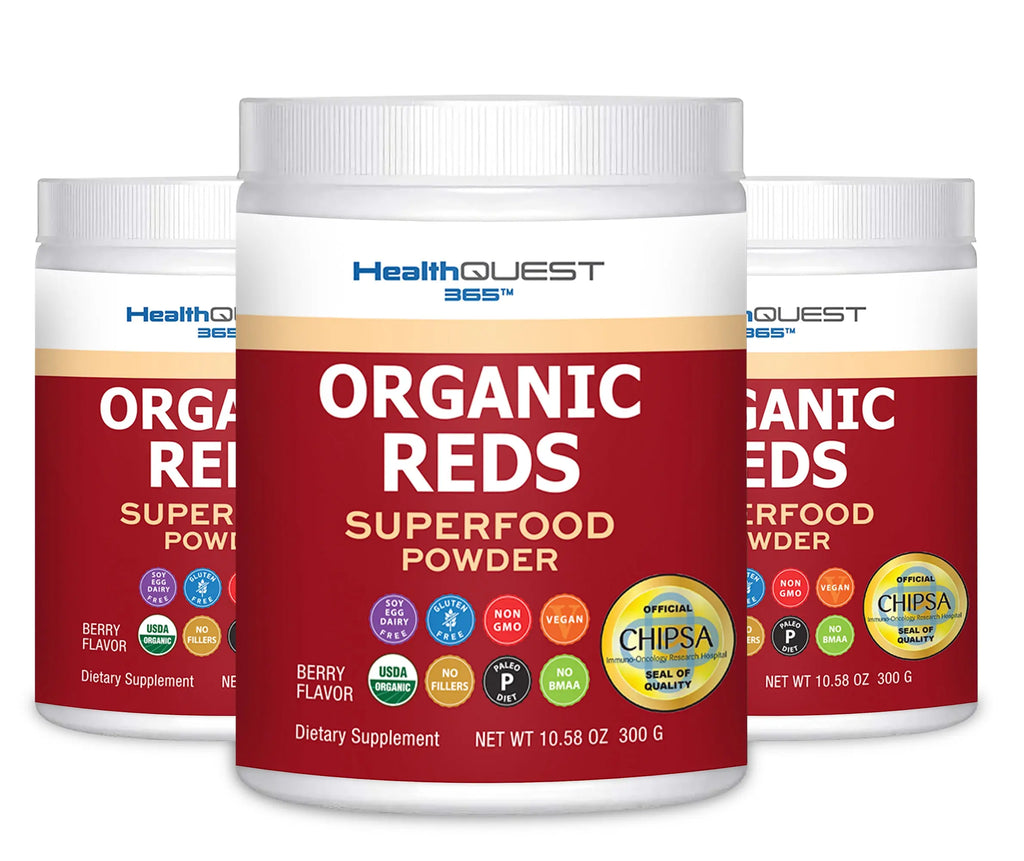It’s about health. It’s about healthy lifestyle. It’s about family™

How to Take Care of Your Knees
How are your knees?
At some point in your life, you’ll likely experience knee problems — and yes, knee pain counts. Our knees are frequently in use, making them particularly prone to injury.
Think of your knees as a part of a machine. Without regular care, the system becomes strained and might eventually fail. And though you cannot oil your knees to keep them working efficiently, there are many ways to reduce the stress that you put on them and protect them from wear and tear, allowing them to function better throughout your life.
Knee health is crucial for mobility, functionality, and comfort. Below are some helpful tips on how to reduce joint pain and keep your knees healthy and happy as you age.

MAINTAIN A HEALTHY BODY WEIGHT
Excess body weight puts pressure on your knees. So one of the most effective ways to decrease the pressure on your knees and reduce joint pain is to lose weight. Moderate physical activity can help you maintain a healthy weight, as can specific types of physical therapy.
Weight loss also helps you walk and move better. Moreover, weight loss also reduces inflammation, which contributes highly to the progression of knee osteoarthritis. Osteoarthritis is one of the leading causes of joint pain.
STAY ACTIVE
Exercise can support weight loss, and light movements can encourage your body to build itself to be stronger. Light physical activity can drastically improve your overall health, helping keep your knees healthy.
MOVE AROUND
Whether you’re at home or work, take frequent breaks from sitting. Staying in one position for a long time and living a sedentary lifestyle can contribute to joint deterioration, so some light movement can help keep your knees healthy.
GET SOME EXERCISE
It's also harmful to avoid exercise. Your knees aren't just the bones and connective tissue — the muscles surrounding your knee also contribute to your joint health. Increasing the muscle strength around your knee will also help support the joint. This includes your thigh and calf muscles, so try out squats and step ups. Cardio also helps keep your knee joints strong and flexible.
Other exercises that are good for your knees and contribute to weight loss include:
-
Aquatic workouts. These give you the same benefits as low impact exercises, but with added strength training.
-
Tai chi. It increases your range of motion and lengthens muscles.
-
Isometrics and yoga. These strengthen the leg muscles that are necessary for weight bearing and support as well as your core muscles.
-
But if your knees are hurting, it’s important to choose the right form of exercise. Doing the wrong exercise or overstraining your knee joints might increase your chances of knee injuries. Don’t start training for a marathon or joining a sports team. Instead, try low impact exercises, such as swimming, walking, or using an elliptical machine. Older adults in particular should look for gentler exercises that can increase muscle strength without excessively straining their joints.
Always remember to stretch before any exercise regimen and cool down after working out. Proper knee injury prevention is critical to keep your knees healthy.

Give You ALL Our Best Workbooks
Get all the Best Workbooks + Action Guides from our expert
PROPER POSTURE
Your knees work best when you have good posture. Poor posture causes joint pain and strain, so proper posture is vital to keep your knees in tip-top shape. Here are some pointers on proper posture:
-
Keep your back straight. Don’t hunch or slump forward.
-
Bend your knees slightly.
-
Keep your core muscles lightly engaged by gently sucking in your stomach.
-
Your head should be centered. Practice it in front of a mirror.
-
Don’t focus all your weight on one foot. Distribute your weight equally.
AVOID CARRYING HEAVY THINGS
Limit how often you carry heavy objects. Lifting boxes improperly or lifting a weight beyond your capacity can end up eroding your knee cartilage. Or it could put excessive stress on your knee and strain the muscles surrounding it, in addition to stressing your back, legs, and hips.
If you need to carry something heavy, always lift with the leg muscles without twisting your knees or body. Doing that adds stability and power to the move. Bend knees, squat down, pick up the load, and straighten your legs while lifting. Never twist your body to lift from right or left. Finally, know your limits — ask for help if you’re lifting exceptionally heavy items.


FREE "Mystery Gift"?
Let me stay in touch with you via email and as a thank you - get this FREE gift.. Something others paid over $1,000 for.
(True story)

EAT HEALTHY AND HYDRATE
If you’re experiencing knee pain, eating healthy can reduce that. Make sure you’re getting enough Vitamin D and calcium to strengthen your bones. A healthy diet can also help you maintain a healthy weight, too. An anti-inflammatory diet is recommended to decrease inflammation, which could damage joints.
Here are some foods to include in an anti-inflammatory diet:
-
Fruits
-
Vegetables
-
Beans
-
Whole grains
-
Onions
-
Garlic
You should also drink the recommended two to three liters of water each day to nourish your joints and reduce mechanical stress to your knee. Doing so helps keep your knees healthy and relieves joint pain.
TOSS THE HIGH HEELS
Heels can throw your spine out of alignment, putting pressure on your knees. In fact, wearing the wrong shoes in general will strain joints and lower extremities. It’s important to get shoes that fit your foot arch and provide sufficient support to your joints.
Wearing flat, flexible shoes can significantly reduce the pressure on your knees. Thus, it reduces knee pain and even helps people with knee arthritis walk better. Here’s another tip: go barefoot as much as you can. It reduces stress on knees.
GET ENOUGH SLEEP
Sleep enables your body to repair and regenerate the damage it suffers from daily life. And your body suffers a lot of stress from everyday life. Don’t underestimate the importance of adequate, consistent sleep.
CONSIDER THE ORGANIC GREENS 365 SUPERFOOD POWDER TO KEEP YOUR KNEES HEALTHY
Keeping your knees healthy isn’t a job you can tackle sitting down. To bend with ease, you should take care of your knees by making lifestyle changes.
Don’t wait until you’re hobbled to actively protect your knees. The Organic Greens 365 Superfood Powder is a known supplement for maintaining healthy weight and thus reducing joint pain. Packed with vitamins, minerals, antioxidants, fiber, and probiotics, you could keep your knees and other joints healthy and functioning. Taking it regularly will reduce knee pain and promote knee joint health.
There’s no shortcut to keep your knees and the rest of your body healthy. It takes consistency and effort in making lifestyle changes. Make sure to take this powder with healthy foods and proper exercise to protect your knees and age in the best way possible!
FREQUENTLY ASKED QUESTIONS
Yes, incorporating certain nutrients into your diet can help manage stress.
Limiting consumption of sugar, refined carbohydrates, caffeine, alcohol, high-sodium, and processed foods can help manage stress.
Yes, mindful eating practices, including understanding your hunger cues and savoring each bite, can help reduce stress levels.
Absolutely, physical exercise is a proven stress reducer and, combined with good nutrition, can greatly aid in managing stress.
Yes, consulting with a registered dietitian or nutritionist could provide personalized guidance to manage stress through nutrition.

